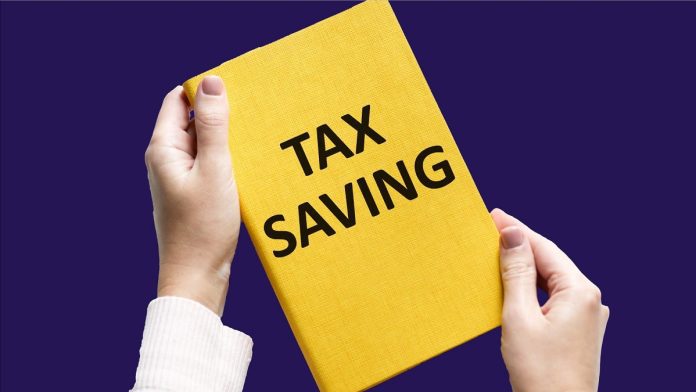Income Tax Benefit: January-February is the month to submit your investment proof to the employer. If you take care of certain things, you can save your money from loss.
Investment Proof: For those who are employed, the month of January-February is the month to submit their investment proof to the employer. On this basis, it is decided how much tax the employer will deduct from your salary. If you keep certain things in mind while giving investment proof, then you can save your money from loss. You will not have to pay heavy tax and will be able to take full advantage of the income tax benefit announced by the government.
Keep these in mind while giving investment proposal
In January-February, you gave the investment proof. On the basis of that, your tax was deducted or you got the benefit of tax benefit. But as soon as the financial year starts in April, your employer will ask you for an investment proposal. In this, you have to tell where and how much you are going to invest in the year 2025-26. In this, you have to choose one of the old or new tax and also tell which tax plan you want to come under. You will also have to claim tax deduction on the basis of your investment proposal. On this basis, the employer will decide how much TDS to deduct from your salary. But every time while giving investment proposal, employees make the same mistake again and again. If you do investment planning properly in January-February itself, then you will not have any problem in saving tax.
Pay attention to 80C beforehand, otherwise you will regret
While planning to save tax, the most attention needs to be paid to 80C. Under this, income tax deduction of Rs 1.5 lakh is done. Apart from this, Equity Linked Saving Scheme i.e. ELSS is also very beneficial in saving tax under 80C. Tax benefits under 80C can also be availed through Sukanya Samriddhi Yojana, Public Provident Fund and five-year deposit scheme. One should avoid taking advantage of 80C by getting life insurance at the last hour. Instead, tax can also be saved by investing some money in NPS, submitting documents of children’s tuition fees, home loan, medical expenses on the elderly, PF etc.

